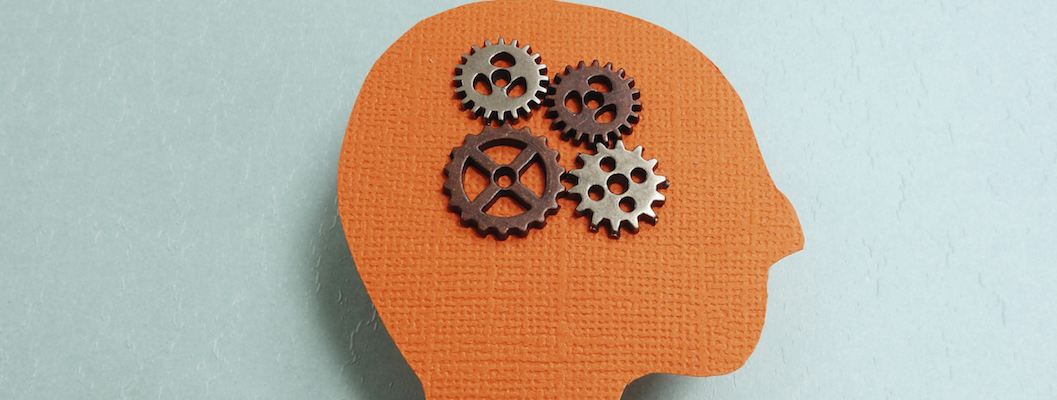
August 18, 2016 | By Victoria Jones
This article originally appeared on Usable Knowledge from the Harvard Graduate School of Education.
Bring universal learning ideas to life in your classroom by creating and sharing your own educational materials. Find innovative games that teach critical thinking and math skills. Help your students learn to write a better lab report.
Educators can do all of that with a set of free tools created by CAST, a nonprofit research and development company dedicated to breaking down barriers to learning.
At CAST, making curriculum accessible to all takes many forms, including the production of resources and tools that break down barriers to learning.
Working under the motto, “Until learning has no limits,” and co-founded by Lecturer David Rose, CAST developed the concept of Universal Design for Learning (UDL), which drives much of today’s theory around the different ways students learn.
“UDL really aims to focus on the goal, which is to help learners become expert learners,” says David Gordon, CAST’s director of publishing and communications. “The goal of learning is not to all learn to do something the same way. There are multiple means of representation, of action and expression, and multiple means of engagement. Those three principles are all aimed at helping learners reach that goal of becoming expert learners.”
Building on its research into how students with disabilities learn and how technology can be harnessed to advance learning within a flexible UDL framework, CAST has developed nine helpful tools for educators seeking to incorporate UDL principles into their classrooms.
“At CAST, we’ve always felt it important to offer whatever learning tools we could to the field to help educators and parents and students experience the power of flexible learning environments,” says Gordon. “It’s part of its mission to bust barriers to learning wherever they exist.”
ADDITIONAL RESOURCES
CAST offers a variety of professional learning opportunities for educators seeking to expand their understanding of Universal Design for Learning principles.
Follow @CAST_UDL on Twitter.
For more research-based articles on education, visit Usable Knowledge.
By Jeremy Roschelle, John Whitmer and Peter Bull
By Adrianna S. and Kyrie F.